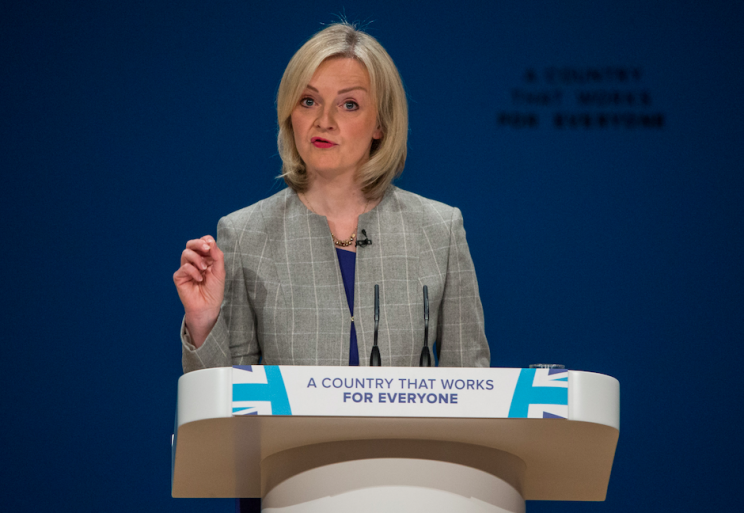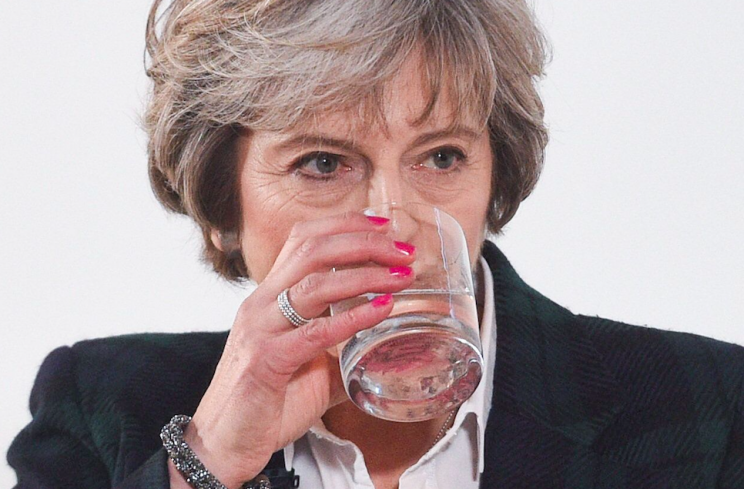What laws will change when Britain leaves the EU?

With the House of Lords debating the Bill triggering Britain’s withdrawal from the EU today, many of us will be wondering what will be different once Article 50 is triggered.
The legislation allowing Mrs May to trigger Article 50 needs to clear Parliament, and Labour and Liberal Democrat Lords are expected to try and rewrite the legislation before Brexit talks can begin.
Assuming the Bill passes in its current form, Prime Minister Theresa May can get on with the Great Repeal Bill in anticipation of Brexit, which aims to bring back sovereign power to Westminster.
And while Britain leaving the EU for good is still at least a couple of years away, the Repeal Bill comes into effect in May this year – meaning the Government will be able to scrap various EU laws that it doesn’t want to keep.
Here’s what laws we can expect to change after Brexit – and one or two that won’t…

Free movement of people
With immigration still one of the biggest concerns for Brits, tighter controls on who can come into the country is expected to be one of the major changes over the next few months and years. EU citizens have the right to live and work in any member state but this will not need to apply to Britain once it leaves – meaning the EU will no longer be able to control the number or type of migrants heading to the UK to seek work.

The Human Rights Act
Likely to be the source of protests and fury from Remainers, the scrapping of the Human Rights Act (HRA) – that protects the right to a private life and personal liberty – will be controversial. Nevertheless, Justice Secretary Liz Truss has already announced the Government’s plans to abolish it and replace it with a British Bill of Rights. The Government wants the HRA scrapped because it has been used by foreign criminals in Britain as a means to avoid deportation by claiming that it goes against their human rights. EU judges have also been able to overrule UK judgements, something that would no longer be the case after Brexit.

Equal Rights
EU law dictates that it is illegal to discriminate against anyone based on race, religion beliefs, disabilities, age or sexual orientation. Critics of the Tories and Remainers alike argued that the EU was needed to ensure that these sorts of laws were fundamental in a liberal society and that a centre-right government in charge of seeing Brexit through would put equal rights at risk. However, the chances of the this particular EU law changing are essentially zero.

The shape of bananas
It may sound absurd but there is actually a 56-page EU document that explains exactly what constitutes a standard-shaped banana of good quality. Regulation 404/93 set out a “a new EC-wide banana import regime” in 1993. This basically meant wonky bananas were not acceptable and while not banning them, the move has been a focal point of so-called “bonkers” EU rules. Could Brexit see an upsurge of bendy bananas on supermarket shelves? It’s not out of the question.

VAT on energy bills
The EU has the right to dictate how much VAT must be acted to goods and services, while at the same time barring member states from choosing to not include it on any items it wishes. One potential move that would no doubt be incredibly popular with the average voter would be reducing the cost of energy bills by scrapping VAT from them – especially in light of recent price rises. There would be opposition from green campaigners who may claim that people would use more energy as a result but the move would be decided by the UK government rather than EU officials.

Statutory maternity pay
Despite concerns from the TUC before the EU vote in 2015, it is not thought that Brexit will threaten the amount of time that new mums get in paid maternity leave. In fact, the UK already exceeds EU law in this regard – statutory maternity pay is guaranteed for up to 39 weeks for eligible employees – far more than the 14 weeks in EU law. Technically the Government could cut this to below EU levels after Brexit but with a general rise in family-friendly laws in recent years – such as shared parental leave – as well as the political fallout if such a move was implemented, it is not thought likely that there will be any reduction made in this area.

Clean water
While we may all drink nothing but bottled water when we head to Spain on holiday, EU laws are incredibly strict about the cleanliness of the water we drink and bathe in. And that seems perfect sensible. However, any lovers of filthy water might be a bit annoyed that they don’t have the right to drink all the unclean liquid that they want. They may therefore be hoping that Mrs May will scrap the law and allow anyone to drink dirty water if they so choose. They may be in for a wait on that one…
Top pic: Rex

 Yahoo News
Yahoo News 


